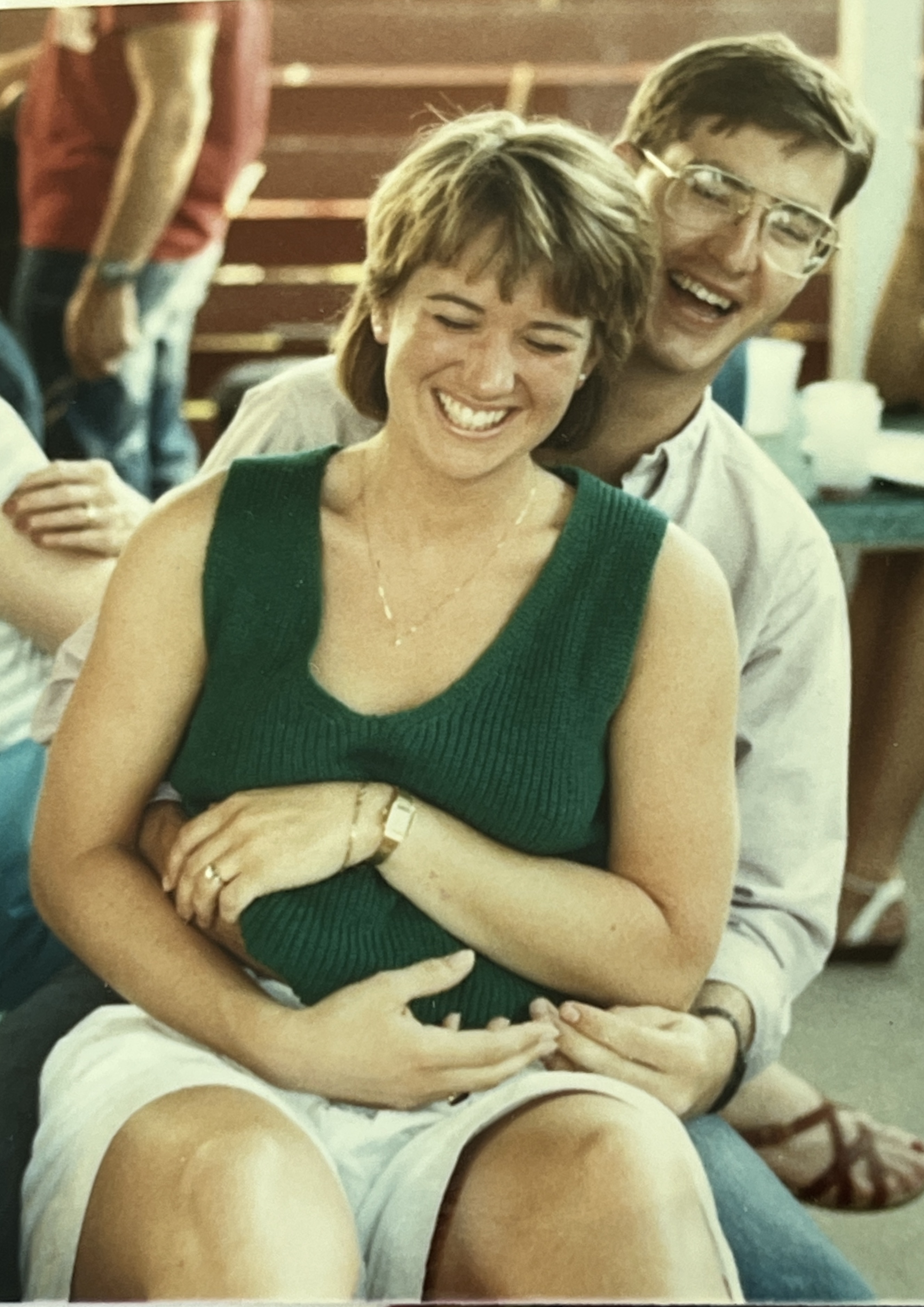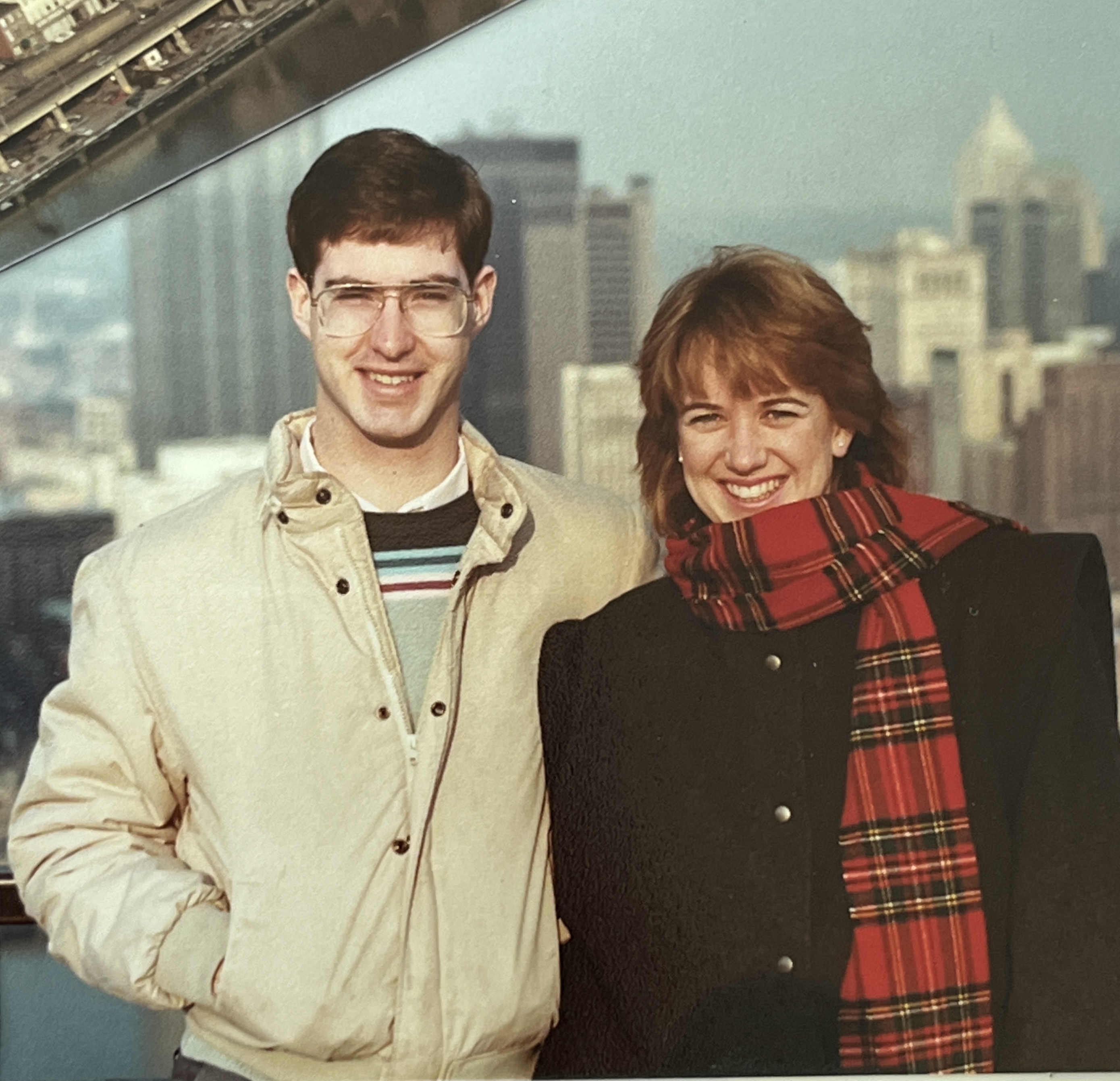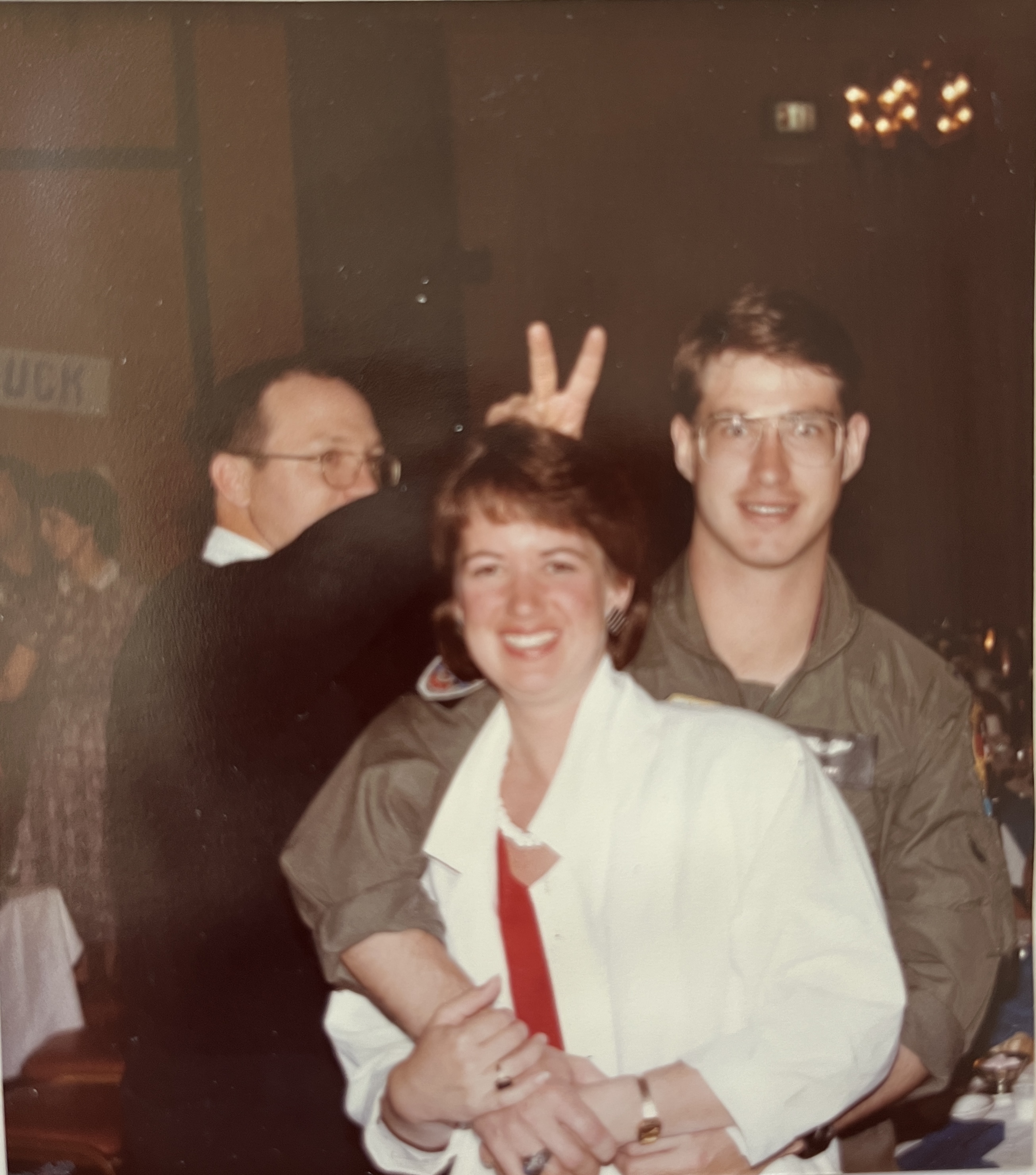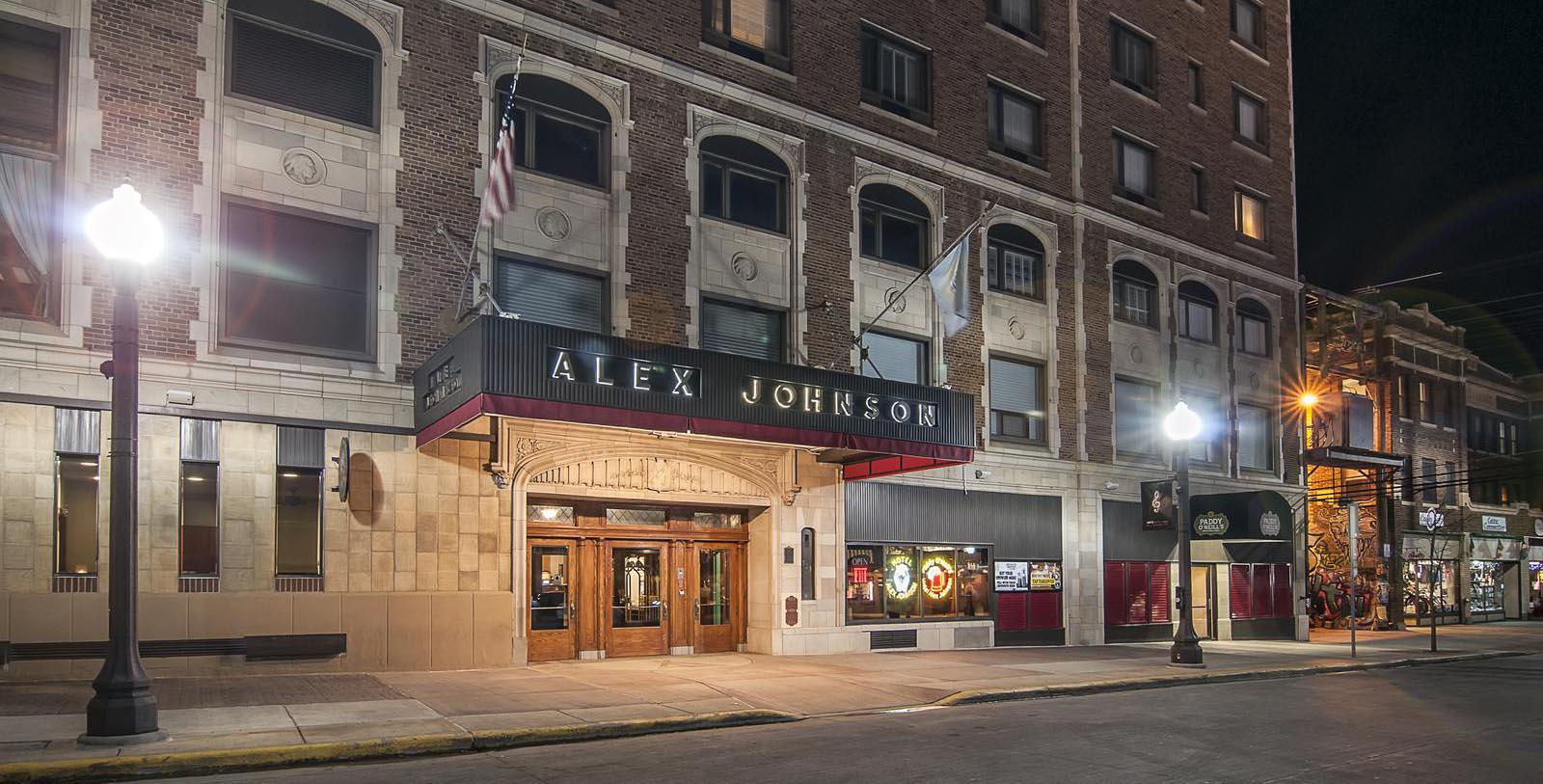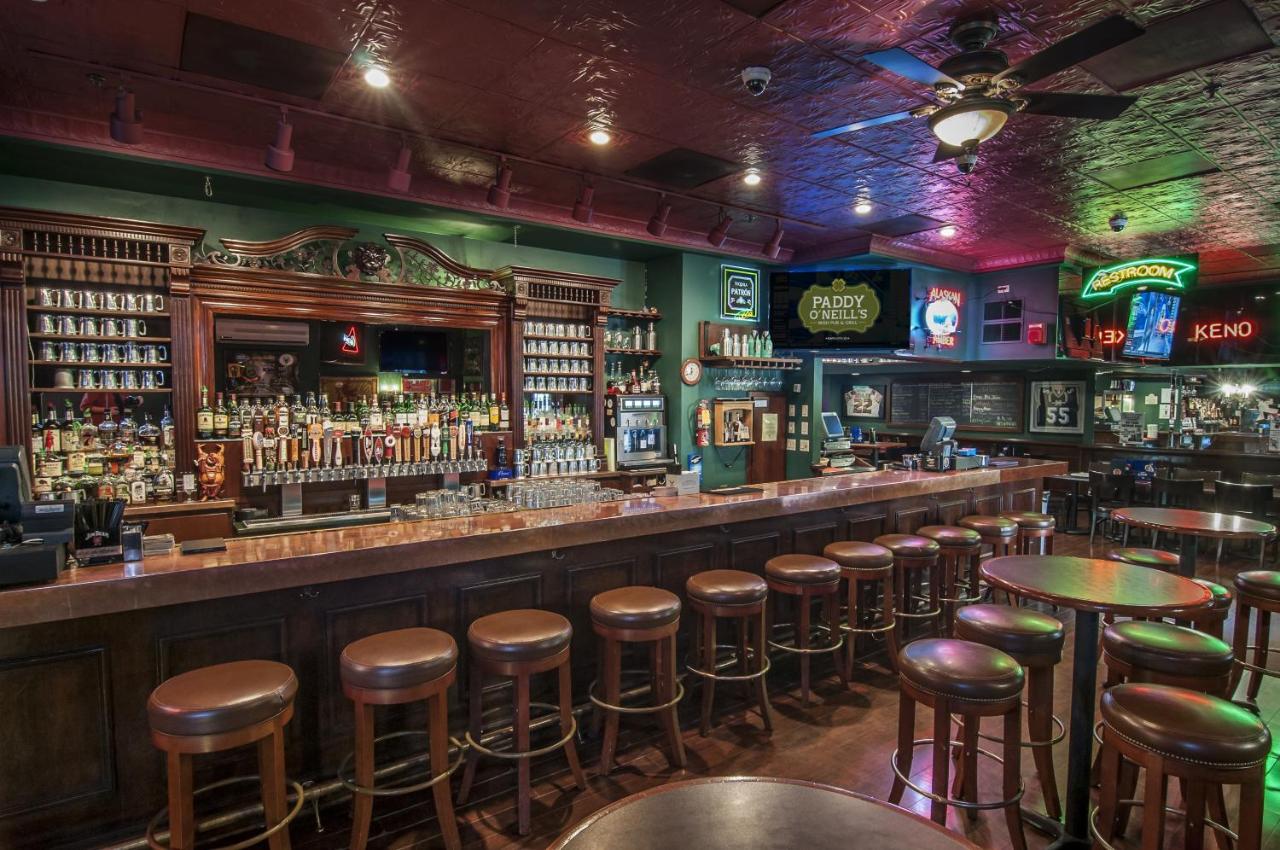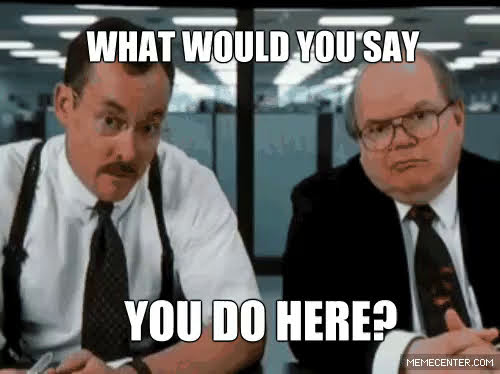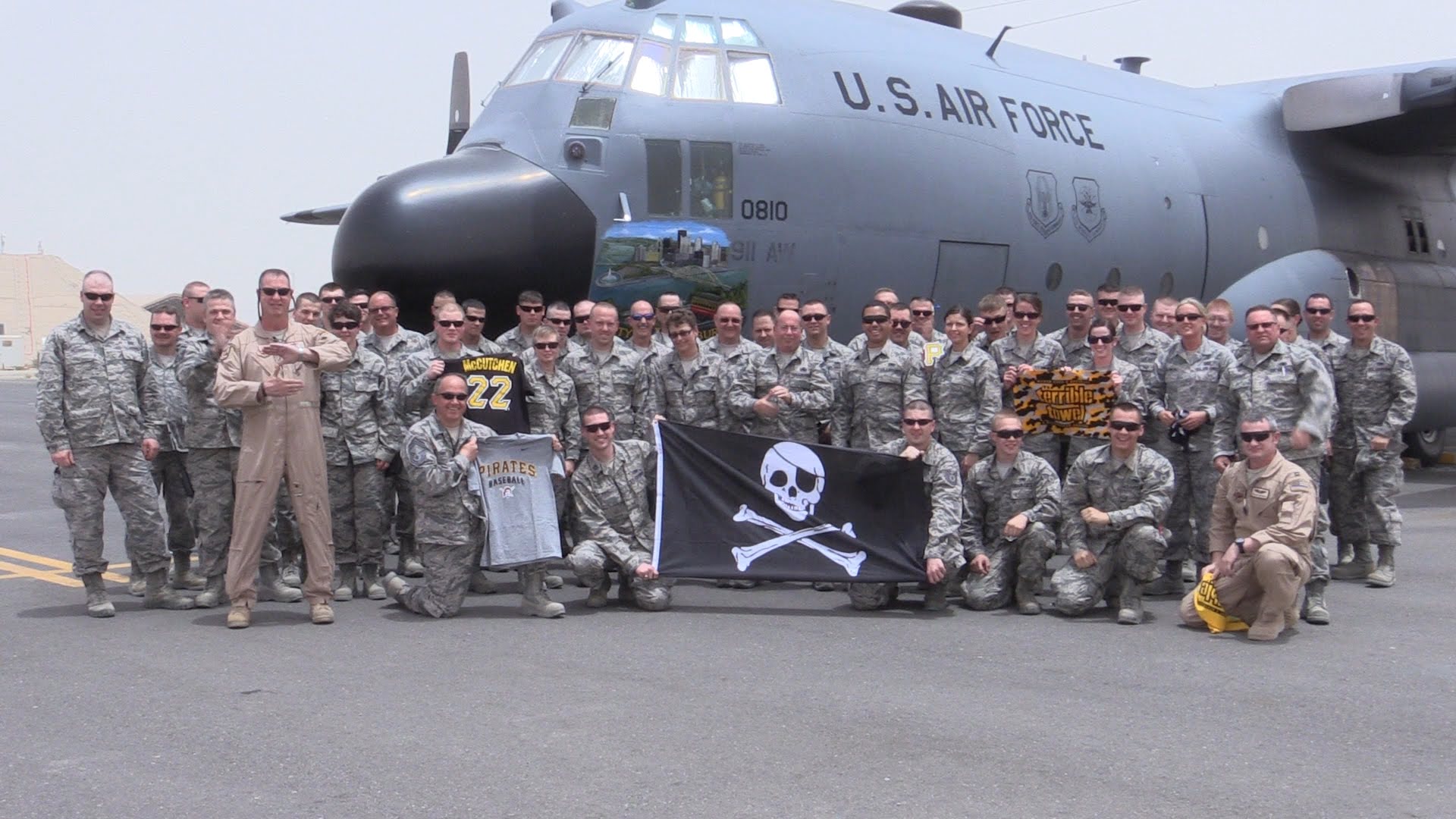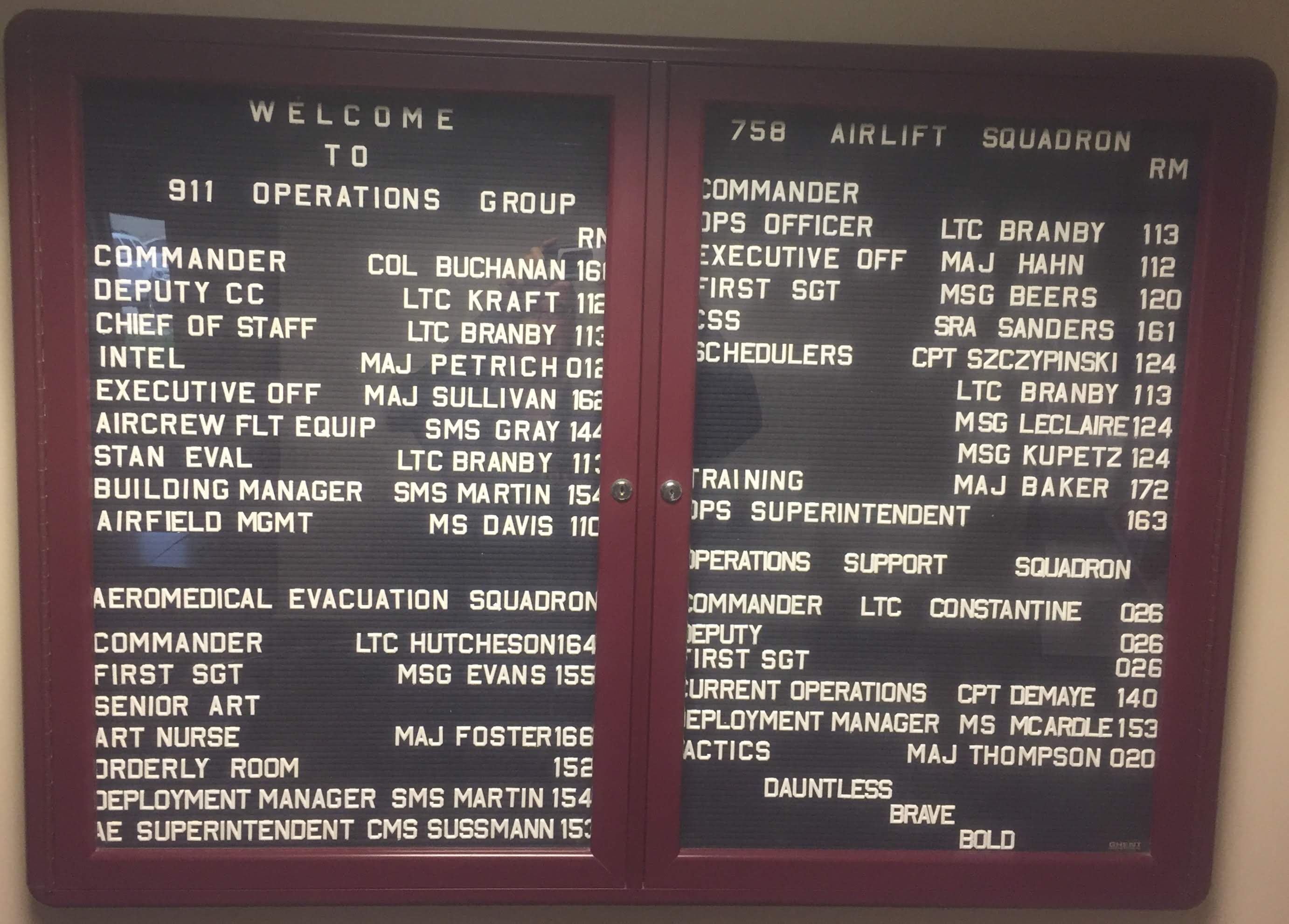There is no question that my parents, by far, had the largest impact in my life. I am 100% a product of living with, and being raised by them. They were very loving, supportive parents, and I know both Dave and I always had the feeling we were destined to do great things. Because they let you think you could do anything. Did we? Maybe the jury is still out on that…
My Mom was very creative, and i gravitated to that that early on. She painted and had me paint right along side her. I still have one of the paintings I did when I was about 11; a parachutist floating back to earth after chute deployment. When I told my Mom I had parachuted in college she was thrilled and rooted around till she found the canvas, and gave it to me.
Other activities she got me into were singing lessons (Dave got to take accordion), needlepoint and doing macramé. I made hanging flower pot holders and the belts I ended up wearing to school with my flashy bell bottom pants.
Dad was just influential as any physically present Air Force Dad can be. He had the greatest job on earth, he was passionate about it, so he was a role model there. He loved football, so I loved football, and all sports, including bowling, which was something I started doing living in Libya, which was 3rd and 4th grade.
Both were emphatic about school success. They knew my teachers and respected all their demands. They knew that academic success led to success later in life, and that was important to them, and therefore to me.
In school, I had some great teachers. I had Mr. Lorenzetti for two years in 5th and 6th grade in Italy. Very demanding teacher, and even though I was probably very ADD, he recognized I was doing well.
The coach I had for JV football in Junior High school. He didn’t know much about football, (probably assigned to be the coach of the 7th graders) but he always seemed to be centered on the fact that winning wasn’t the goal, participation, teamwork and effort was.
Lots of good teachers in high school, mostly english and journalism. Mr. Stanley (English) and Teresa Smith (Journalism) at Rancho. At Agua Fria it was Ms. Bauer (English), Ms. Starr (Journalism); and Jo Naehrbass (U.S. History).
In college, there were excellent instructors, but not many stood out as influencers. Capt George Flood was a Squadron advisor. I talked to him a lot and his laid back demeanor was really helpful (turns out he was also a B-52 Nav, which I didn’t appreciate till later). Unfortunately I lost contact with him.
Capt Mark E.S. Mayhew was my Air Officer Commanding (The Squadron babysitter) my Senior year. A decent enough guy, but during the second semester of my Senior year, he wanted me to down-grade performance reports for two guys in my flight who were in trouble with the Academy for having an illegal apartment downtown. They were unranked and therefore had no responsibilities. All they had to do was go to class, keep their rooms in order and stay out of trouble. They did that. All their transgressions happened when I wasn’t their “Supervisor,” so I had nothing to downgrade them on. I said they were satisfactory for their job performance. Not great, but satisfactory. Mayhew pulled me into his office, told me I wasn’t a team player, and said I would make a lousy officer. That has stuck with me ever since. I made it a goal to prove him wrong, and I think about that conversation a lot.
Once I was in the Air Force, lots of good influencers: Jim Veazey was my first Radar Navigator. Nicest, most easy-going guy ever. He had been in the B-52 a while and seen a lot, and really helped me when I was first starting out. In the B-52, everyone has a job that is relied upon from day 1, except the Co-pilot. That guy is pretty much along for the ride and is learning to be a Aircraft Commander for about 2-1/2 years. The Nav has to perform on every flight. He’s directing the plane across the country; to the air refueling track; to the low level route within 30 seconds, to the target withing 10 seconds; back home; and directing the approach. I felt so much stress I had acid reflux between flights so bad for the first couple months, and had to go to the flight surgeon for Mylanta. Eventually it all calmed down as I realized I really did know what I was doing. Jim was a big help with that.
My first Aircraft Commander, Chris Moore, taught me staffing, writing evaluations, the importance of going after good missions both for advancement, but also to challenge your self and and your crew. Nobody gets better doing the same thing day after day. Chris was a big fan of taking on all the challenges, but then doing them right, and making sure people knew about it later.
Dave Shunk, my first AC at Griffiss, was a lot like Chris. I showed up as a new Radar Navigator (Bombardier) about the same time he did, and they built a crew around us. He was fresh from Air Command and Staff College, so we assumed he had a future… (he did). But he was “lean forward” too, but very calm, cool, and collected in the plane. He let us screw up and gave us cover when we needed it. Taught me the importance of letting your people do their job, but let them know you had high expectations.
When I got off Active Duty and went to work at Cooper Power Systems as a Quality Engineer, Richard Osmond, took me under his wing and showed me a lot about working in a manufacturing organization, as well as how to do well in a civilian job. He and Victor Bell, really just pointed me in a direction and let me “get at it.” Amazing what you can accomplish when the trust level is that high.
In the Reserves, the guys who impacted me the most were the ones who trusted me the most, and let me do my thing. Colonels Chris Joniec, Darryl Hartman, and Jeff Van Dootingh; all guys who recognized I had things to offer, and let me do things with them.
The guy who influenced me most about money was a guy named John Harrington. He was a bomber pilot’s bomber pilot at Ellsworth when I arrived. I only got to fly with him once or twice before he retired, but everyone in the Squadron knew him. He became a sales agent for a Mutual Fund company. They sold military folks front-loaded mutual funds and Insurance. The insurance was great, but front-loaded mutual funds? Anyway, even knowing that, I signed up. I don’t know if he really knew anything about money, but his selling point? “I want to give you a tax problem.”
And he did. It was a great intro into starting retirement savings, which led to savings for school, which let to savings for emergencies, etc. After I took a class in investments during my Masters class, I realized I could invest in no-loads and save even more money, I basically cashed out of the USPA & IRA funds and went on “our” own investing. I think we’ve done okay. But I always think back to John. Very enthusiastic about life, and really “helping” others start on the right path to financial independence. (Oh, and buy a house when the time is right.)
Obviously the person with the most influence my adult life is my wife, Laura. I spotted that ability the first time we talked in the Alex Johnson bar. Our first road trip could have been a real disaster, but we just worked things out, pressed forward, and at the end, we still liked each other. It’s been that way for 35 years. Every major decision has been made after talking to her and figuring what’s best for us and our family. When to get off Active Duty. Where to go; where to live; when NOT to move (follow the Air Force track); among probably a thousand other little ideas/decisions that shaped our family’s life. I think the only major decision I made without much consultation was NOT going back to Cooper Power Systems when the strike ended (I hated working there), and buying the Buick Rondezvous, which I really liked, but she was never sold on.
All in all, I’ve been incredibly lucky in love and life, and I owe it to a lot of people who always came into my life at just the right moment. The trick has been recognizing them and accepting their mentoring, guidance, support, and love.
